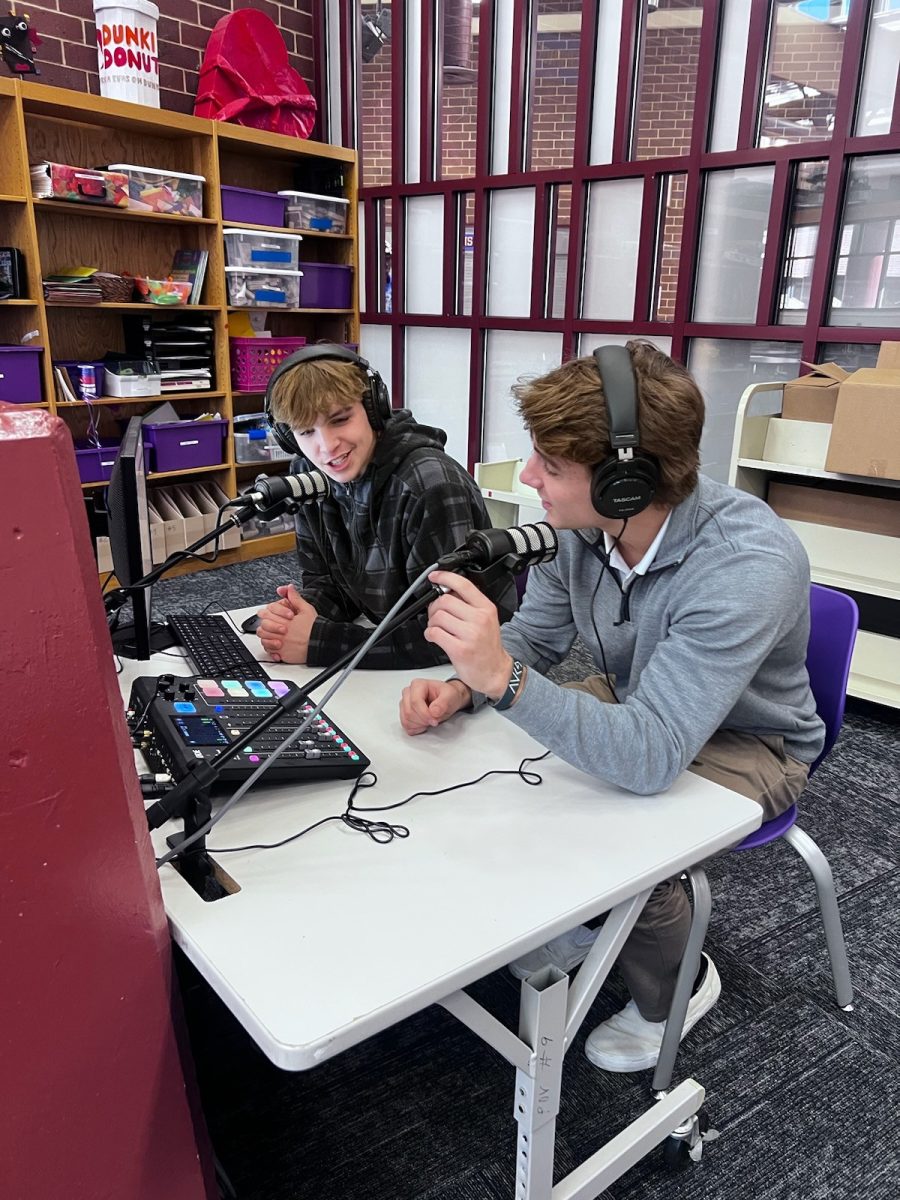
Did you know that 95% of teens ages 13-17 reported using social media, and over a third of them use it “almost constantly”. Social media is a term for any app or site that we use to connect with others. These platforms are places where we can share any pictures, text, or other user-generated content with others. Social media however, can have many effects on users, good and bad. Social media can play very influential roles in our lives as teens through addiction, mental health, harmful content, as well as benefits.
Separate from older groups, friendships are needed for us to help play a role in forming our identities. Many of our friendships are discovered and built through social media, unlike older audiences. This is why social media is a much bigger target for our generation of teens.
Adolescence is the second biggest growth period in our lives. In an adolescent state, our minds and social skills are constantly developing, this can make us very vulnerable to the addictiveness of social media. Social media awards our brains by providing dopamine to our bodies. Dopamine can come in forms of likes, shares, or comments. These feelings cause a trigger in the reward center of the brain similarly to the way drugs or gambling could make someone feel.
Mental health is used to describe our emotional, psychological, and social well-being, as well as how we handle certain situations. Teens ages 12-15 who use social media more than 3 hours a day face twice the risk of having negative mental health outcomes, including symptoms of anxiety or depression. The extended use of social media can also result in sleep deprivation, negatively impacting cognitive function, school performance, and socio-emotional functioning.
Viewing content such as illegal acts, self harm, or encouragement of unhealthy habits can also raise risk in our health. Harmful content does not only have to be what we see, but can also be what we hear. Cyber-bullying is very popular online and it can include body shaming, language, and lifestyle. Experiencing this level of cyber-bullying can cause teens to have anxiety, depression, or thoughts of isolation and suicide.
Being socially connected to others is one of the most well-known benefits of social media. 81% of teens say using social media boosts their sense of connectedness to others. We can feel a sense of acceptance or community by getting involved with others that have the same beliefs, interests, and experiences . Social media platforms allow us to create online identities and social networks that can provide us with support from others.
How do you help prevent this? An easy response would be to just not do it, but it may not be as easy as some expect. As teens, parents play the biggest roles in our lives, and they should be the ones monitoring us to keep us as safe as possible. Our parents should be setting age requirements for social media. But even with full access, all social media use should be monitored. Keeping the phone out of the bedroom at night can also help get more sleep and rest better. Lastly, having someone that provides us with constant communication and provides you with worth can help reduce the urge for the validation that comes from social media.
The importance of social media safely is extremely important as teens. Using social media without precaution can lead to hearing or seeing things that are unhealthy for us. However, using social media wisely can help us to build relationships and connections with our peers.






